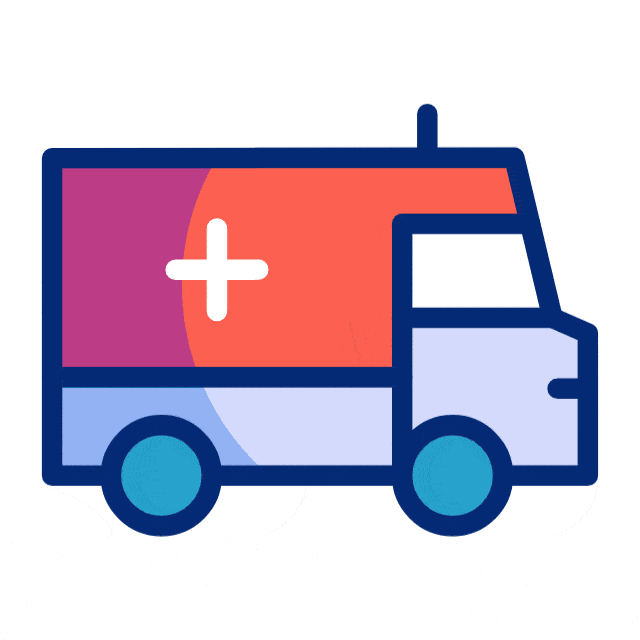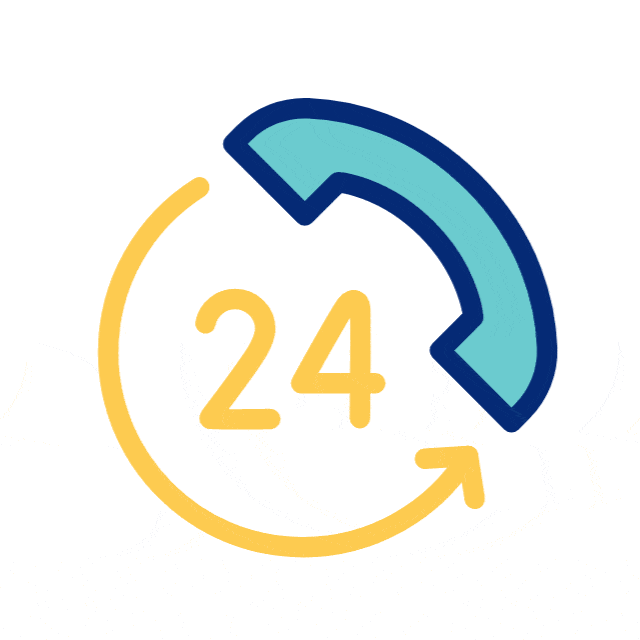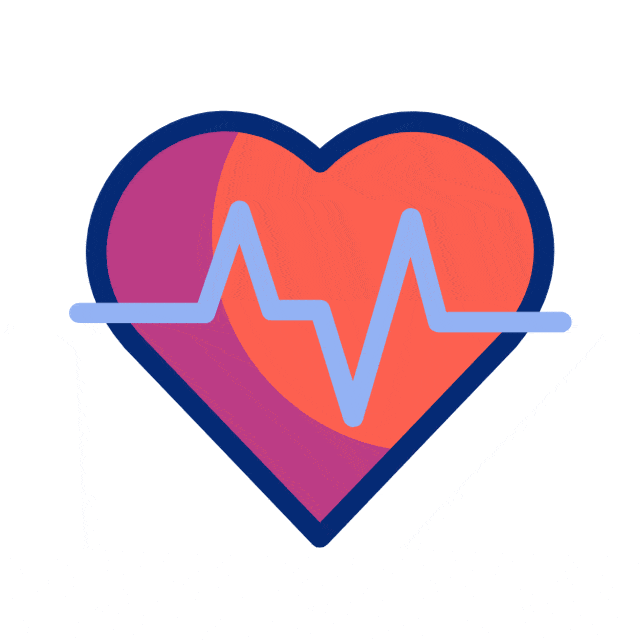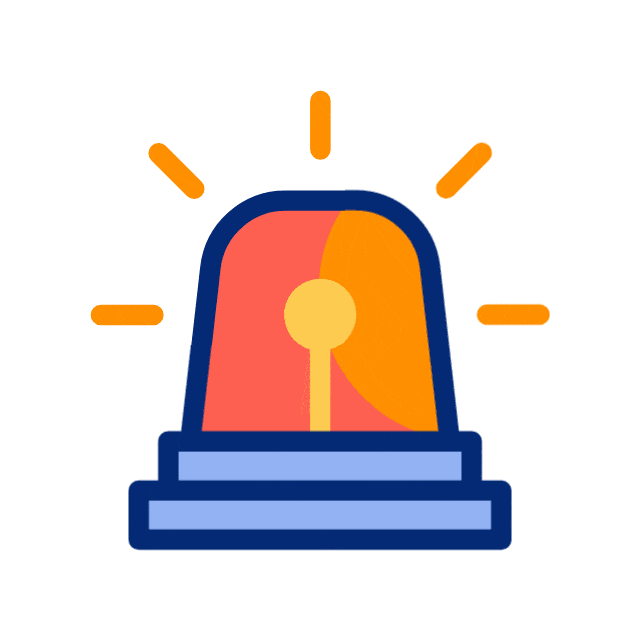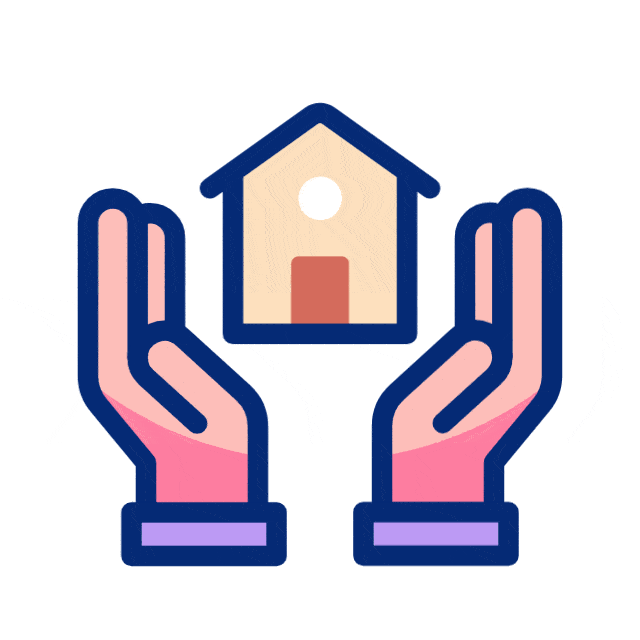Category : Paediatrics
Children often have headaches, which are usually not very serious. Children are susceptible, just like adults, to developing various kinds of headaches, such as tension-related headaches or migraines. Children may also experience daily, chronic headaches.
Children’s headaches are occasionally caused by an infection, elevated stress or anxiety, or mild head trauma. It’s critical to monitor your child’s headache symptoms and seek medical attention if the headache gets worse or happens more frequently.
Children’s headaches are typically manageable with painkillers and good practices like eating and sleeping on a regular schedule.
Symptoms
Different symptoms can make it challenging to diagnose a child’s headache type, particularly if the child is younger and unable to describe their symptoms. However, generally speaking, some symptoms tend to fit into particular categories more frequently than others.
Migraine
Migraines can result in the following symptoms: intense light and sound sensitivity; nausea; vomiting; pulsating or throbbing head pain; pain that gets worse with movement; and abdominal pain.
Migraines can occur in infants as well. When in great pain, a young child who is unable to communicate with you may cry or rock back and forth.
Tension-type headache
Pain that is not exacerbated by physical activity; headaches that are not accompanied by nausea or vomiting, as is frequently the case with migraines; a pressing tightness in the muscles of the head or neck; mild to moderate, non-pulsating pain on both sides of the head; Younger kids might become less interested in routine play and prefer to sleep in more. Headaches of the tension variety may endure for thirty minutes to several days.
Cluster headache
In children under the age of ten, cluster headaches are rare. Typically, they involve one side of the head experiencing sharp, stabbing pain lasting less than three hours; they occur in clusters of five or more episodes, ranging from one headache every other day to eight episodes per day; they are accompanied by teariness, congestion, runny nose, restlessness, or agitation.
Chronic daily headache
When a migraine or tension headache occurs more than fifteen days per month, it is referred to by doctors as a “chronic daily headache” (also known as CDH). Chronic daily headache (CDH) can be brought on by an infection, a small head injury, or overuse of painkillers, even over-the-counter ones.
When to see a doctor
Most headaches aren’t serious, but seek prompt medical care if your child’s headaches:
- Wake your child from sleep
- Worsen or become more frequent
- Change your child’s personality
- Follow an injury, such as a blow to the head
- Feature persistent vomiting or visual changes
- Are accompanied by fever and neck pain or stiffness
Reasons/Causes
There are several reasons/causes why your child might experience headaches. Among the factors are…
- Infections and illnesses: A common cold, the flu, and sinus and ear infections are among the most common causes of headaches in children. Headaches are extremely rare side effects of encephalitis or meningitis.
- Trauma to the head: Headaches can arise from bumps and bruises. Even though the majority of head injuries are relatively minor, if your child hits their head hard or falls on it accidentally, get them medical help right away. Also, after a head injury, get in touch with a doctor if your child’s headaches get worse over time.
- Emotional factors: Children’s headaches can sometimes be caused by stress and anxiety, which can be brought on by issues with parents, instructors, or classmates. Depressed children may complain of headaches.
- Genetic predisposition: Headaches, particularly migraines, tend to run in families.
- Specific foods and drinks: Both the food additive MSG and nitrates, which are preservatives found in cured meats like bacon, bologna, and hot dogs, can cause headaches. In excess, caffeine — found in soda, chocolates, and sports drinks — can also give rise to headaches.
- Issues with the brain: In rare cases, pressure from a brain tumor, abscess, or bleeding within the brain can cause persistent headaches that get worse. But in most cases, there are additional symptoms as visual problems, dizziness and lack of coordination.
Risk factors
Any child can develop headaches, but they’re more common in:
- Girls after they reach puberty
- Children who have a family history of headaches or migraines
- Older teens
Prevention
The following may help you prevent headaches or reduce the severity of headaches in children:
- Practice healthy behaviours. Behaviours that promote general good health also may help prevent headaches for your child. These lifestyle measures include getting plenty of sleep, staying physically active, eating healthy meals and snacks, drinking up to eight glasses of water daily, and limiting caffeine.
- Reduce stress. Stress and busy schedules may increase the frequency of headaches. Be alert for things that may cause stress in your child’s life, such as difficulty doing schoolwork or strained relationships with peers. If your child’s headaches are linked to anxiety or depression, consider talking to a counsellor.
- Keep a headache diary. A diary can help you determine what causes your child’s headaches. Note when the headaches start, how long they last and what, if anything, provides relief.
Record your child’s response to taking any headache medication. Over time, the items you note in the headache diary should help you understand your child’s symptoms so that you can take specific preventive measures. - Avoid headache triggers. Avoid any food or drinks, such as those containing caffeine, that seem to trigger headaches. Your headache diary can help you determine what prompts your child’s headaches, so you know what to avoid.
- Follow your doctor’s plan. Your doctor may recommend preventive medication if the headaches are severe, occur daily and interfere with your child’s normal lifestyle. Certain medications taken at regular intervals — such as certain antidepressants, anti-seizure medications or beta blockers — may reduce the frequency and severity of headaches.
Dr. Shastara P,
Associate Professor, Dept of Neurology,
JSS Hospital, Mysuru

